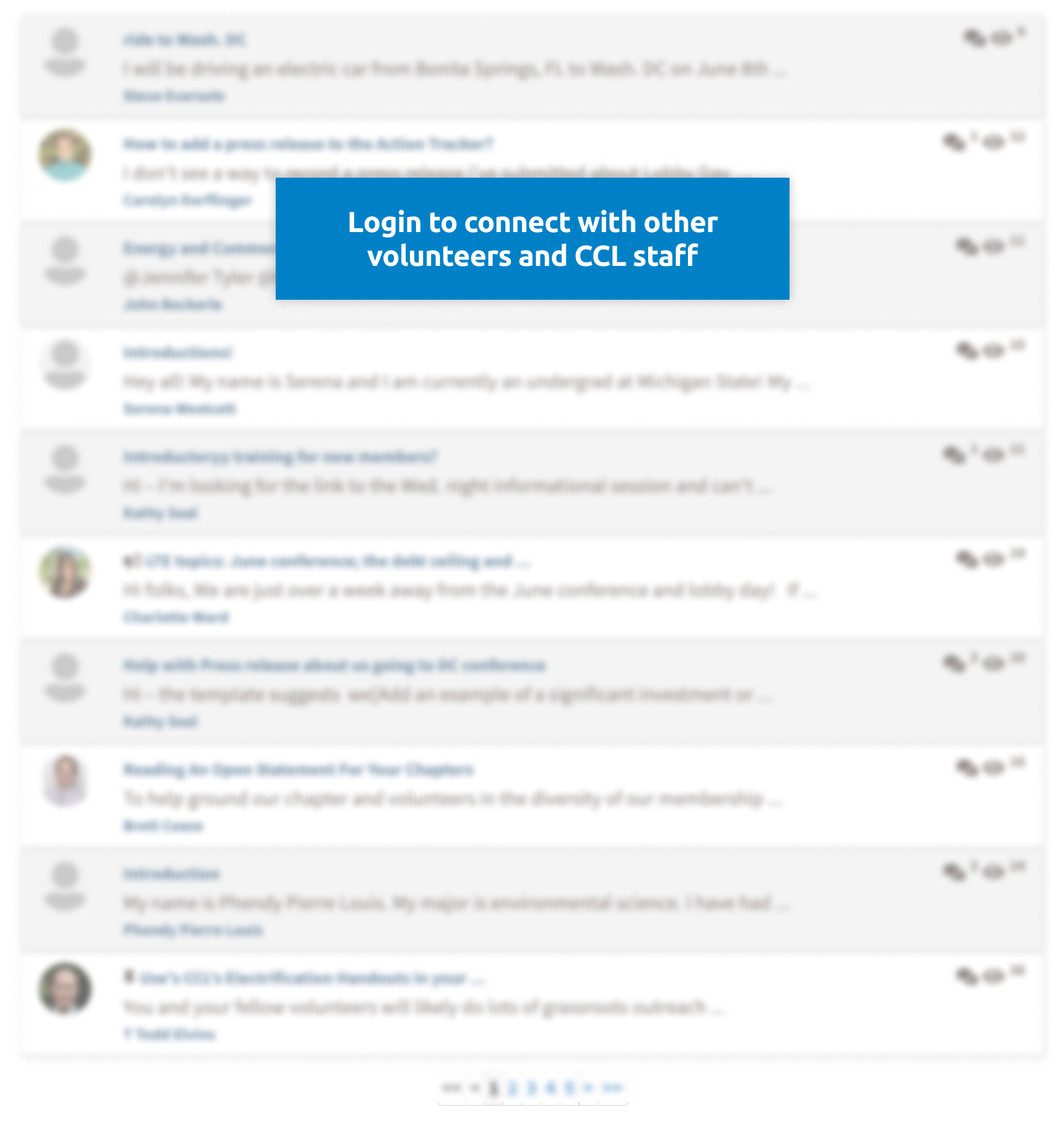Login
List of Events
Sort By Date
Starts:
01/05/2026 7:00pm PST
Starts:
01/05/2026 7:00pm PST
Starts:
01/06/2026 1:00pm PST
Starts:
01/06/2026 4:30pm PST
Starts:
01/07/2026 8:30am PST
Featured Recent Discussion
